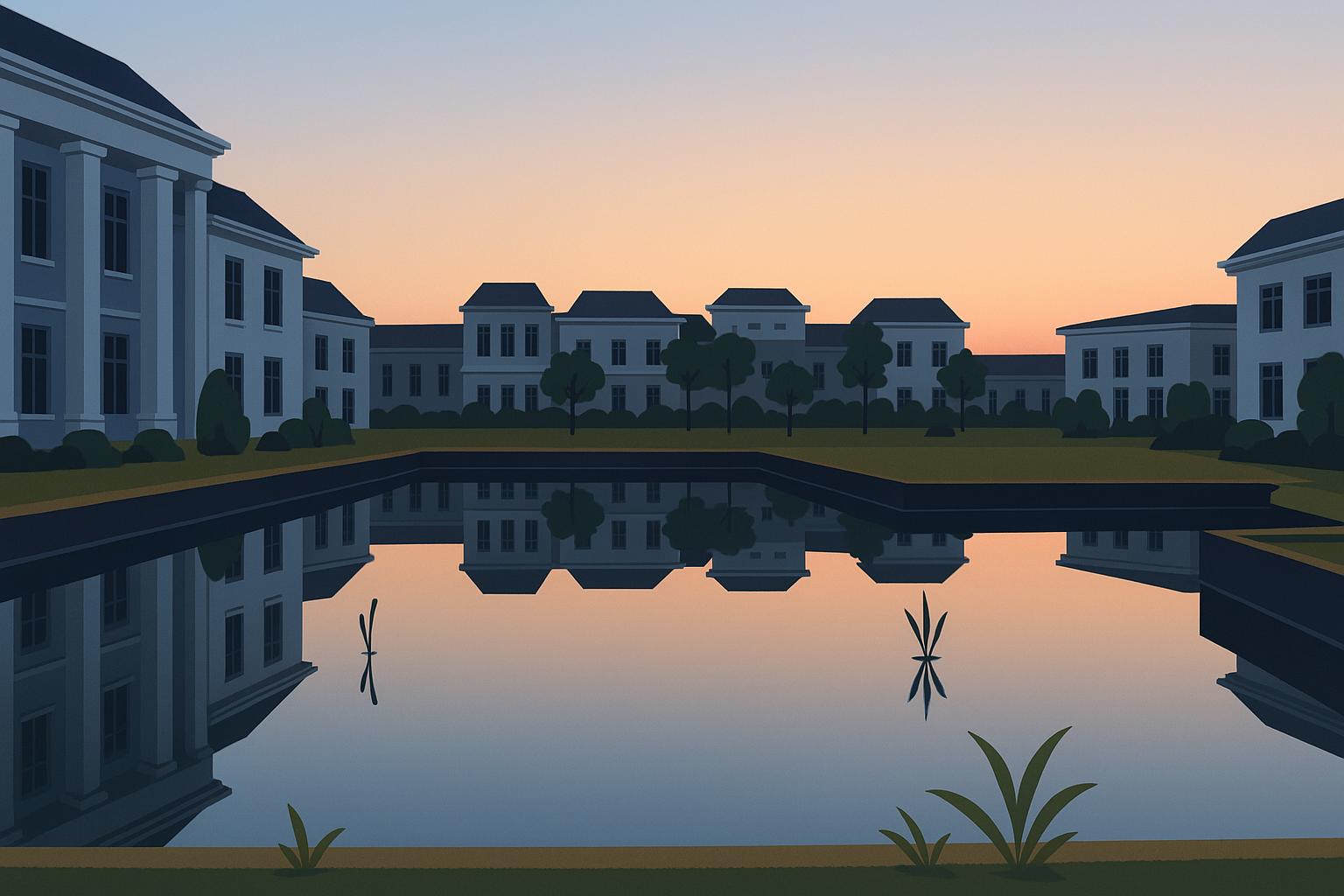In a place like Jharkhand, where many people live in villages and small towns, getting legal help used to be difficult. Lawyers were far away, courts felt complicated, and legal terms sounded like a foreign language to many.
But now, thanks to an initiative by the Jharkhand State Legal Services Authority (JHALSA), this is changing — fast.
They have started legal aid clinics in villages and panchayats (local councils) to make sure everyone, especially the poor and needy, can get free help when they face legal issues.
What Are Legal Aid Clinics?
Think of a legal aid clinic like a mini-legal office set up in your village or nearby. Here, you don’t need to travel far or spend money to get legal advice.
These clinics:
- Offer free legal help to anyone who needs it.
- Are run by trained helpers called Para Legal Volunteers (PLVs) — people from your own community who are trained to guide others in legal matters.
- Help with things like family disputes, land problems, domestic violence, property issues, pension queries, and even consumer complaints.
The goal is simple: Justice should not only be for the rich. It should be for everyone.
How Do They Work?
Here’s how it all works in simple steps:
- Walk into the clinic — No appointment or money needed.
- Talk to the PLV — They’ll listen to your problem patiently.
- Get advice or further help — If it’s a small issue, they might help settle it right there. If it’s serious, they’ll help you contact a lawyer or file a case.
In many places, these clinics also help people fill out forms, write complaints, or understand what’s happening in their court cases.
Real Impact – Stories of Hope
Let’s take an example. In Jaratoli, a small village, a legal aid clinic helped several families who were being harassed over land boundaries. Instead of going to court (which would have cost them time and money), the issue was resolved through simple mediation right in the village.
In another case, a widow was being denied her pension. The local PLV helped her file the right documents, and within weeks, her pension started coming.
These clinics aren’t just offices — they’re becoming lifelines for people who had nowhere else to go.
Challenges Still Exist
Of course, there are still some issues:
- Some people don’t know these clinics exist.
- Some clinics may not have enough trained volunteers all the time.
- In very remote areas, it’s still tough to get help.
But slowly and steadily, things are improving.
JHALSA has also started legal awareness programs in schools, villages, and community halls. They’re even using mobile vans and apps to reach more people.
How Can You Use These Services?
If you or someone you know needs help with a legal issue, here’s what to do:
- Find your nearest legal aid clinic. Ask at your local panchayat office or visit www.jhalsa.org.
- Visit the clinic during working hours.
- Speak to the PLV there and explain your problem.
- Get free advice and support, with no pressure or hidden charges.
If you’re tech-savvy, you can also check out the JHALSA Legal Services mobile app.
Legal Aid Clinics in Ranchi
In Ranchi, several legal aid clinics are operational to assist residents:
- Jaratoli Village Legal Aid Clinic: Located in Badam Panchayat, Namkum, this model clinic serves as a single-window facility for legal assistance.
- Amity Law School Legal Aid Clinic: Situated within Amity University, this clinic was inaugurated to provide legal aid to students and the local community.
- Institute of Legal Studies, Ranchi University: This clinic offers legal services to students and residents in the vicinity.
For more information or to find a legal aid clinic near you, visit JHALSA’s official website.
How the Government Can Make Legal Aid Clinics More Active
To enhance the effectiveness and reach of legal aid clinics, the government can consider the following steps:
- Increase Awareness: Launch statewide campaigns to inform citizens about the availability and benefits of legal aid clinics.
- Expand Training Program: Regularly train and update PLVs to ensure they are equipped to handle a variety of legal issues.
- Infrastructure Development: Invest in better facilities for clinics, including private consultation areas and necessary legal resources.
- Mobile Legal Aid Unit: Deploy mobile units to reach remote and underserved areas, ensuring no one is left behind.
- Feedback Mechanism: Establish systems for beneficiaries to provide feedback, helping to improve services continuously.
- Collaborate with Educational Institution: Partner with law schools and universities to involve students in legal aid initiatives, fostering a culture of service.
By implementing these measures, the government can ensure that legal aid clinics not only continue to function effectively but also expand their reach to serve more citizens in need.
Final Thoughts
The law is meant to protect everyone — not just those who can afford a lawyer. These free legal clinics in Jharkhand are helping turn that idea into reality.
If you’re reading this, remember: you don’t need to fight your legal battles alone. Help is just around the corner.
Spread the word in your community. It might just change someone’s life.



